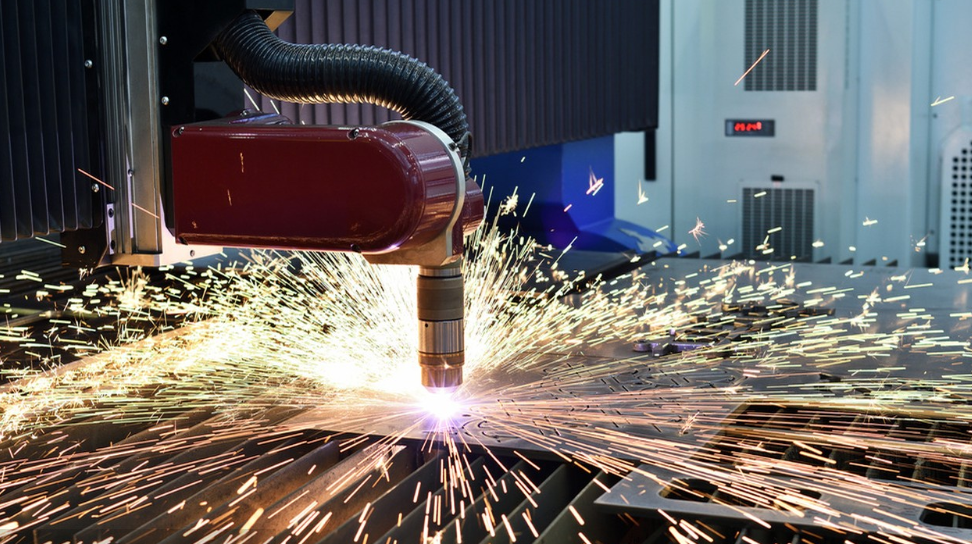Sheet metal fabrication process that has been used for centuries to transform raw metal sheets into finished products. This process involves several stages, from the initial design to the final finishing, and has become an essential part of modern manufacturing. In this comprehensive guide, we will explore the different aspects of sheet metal fabrication and how it can benefit various industries.

The Design Stage
The first stage of sheet metal fabrication is the design stage. This is where the product is conceptualized and designed using computer-aided design (CAD) software. The design is then transferred to the production team, who use specialized machinery to cut, bend, and shape the metal sheets to the desired shape and size. The design stage is crucial because it sets the foundation for the entire fabrication process.
The Cutting Stage
Once the design is finalized, the next stage is cutting. This involves using specialized machinery such as laser cutters or water jets to cut the metal sheets into the desired shape and size. This stage is essential because it determines the accuracy of the final product.
The Bending Stage
The bending stage involves using specialized machinery to bend the metal sheets to the desired shape. This stage is crucial because it determines the overall shape of the final product.
The Welding Stage
After the metal sheets are cut and bent, they are welded together to form the final product. This stage involves using specialized welding equipment to join the various parts together. The welding stage is critical because it determines the strength and durability of the final product.
The Finishing Stage
The finishing stage involves cleaning, polishing, and painting the final product to give it a finished look. This stage is essential because it enhances the appearance of the final product and protects it from corrosion.

Benefits of Sheet Metal Fabrication
Sheet metal fabrication offers several benefits, including:
- Customization: Sheet metal fabrication allows for the creation of customized products that meet specific requirements. This means that companies can create products that are tailored to their customers’ needs, which can lead to increased customer satisfaction.
- Durability: Sheet metal products are durable and can withstand harsh conditions, making them ideal for use in industrial equipment and automotive parts.
- Precision: Sheet metal fabrication allows for the creation of precise products with tight tolerances. This means that products can be created with high levels of accuracy, which is essential in industries such as aerospace and defense.
- Cost-effective: Sheet metal fabrication is a cost-effective way of producing high-quality metal products. This is because the process is highly automated, which reduces labor costs and increases efficiency.
Industries That Benefit from Sheet Metal Fabrication
Sheet metal fabrication is used in several industries, including:
- Automotive: Sheet metal fabrication is used to create automotive parts such as body panels, hoods, and fenders.
- Industrial: Sheet metal fabrication is used to create industrial equipment such as machinery and conveyor systems.
- Aerospace: Sheet metal fabrication is used to create aerospace products such as aircraft parts and components.
- Construction: Sheet metal fabrication is used to create building components such as roofing and siding.

Conclusion
Sheet metal fabrication is a versatile process that offers several benefits to various industries. Whether it is creating custom products, producing durable equipment, or manufacturing precise components, sheet metal fabrication is an essential process in modern manufacturing. By understanding the different aspects of sheet metal fabrication, companies can take advantage of this process to create high-quality products that meet their customers’ needs.
In conclusion, sheet metal fabrication is an intricate process that requires attention to detail and specialized machinery. However, the benefits of this process cannot be understated. From creating custom products to producing durable equipment, sheet metal fabrication has become an essential part of modern manufacturing. By understanding the different stages of this process and its applications in various industries, companies can take advantage of the benefits of sheet metal fabrication and produce high-quality products that meet their customers’ needs.


